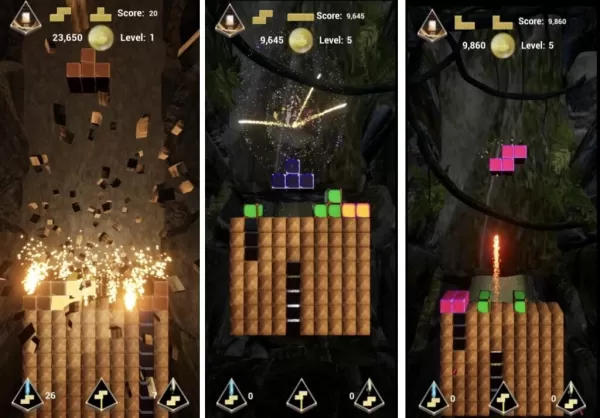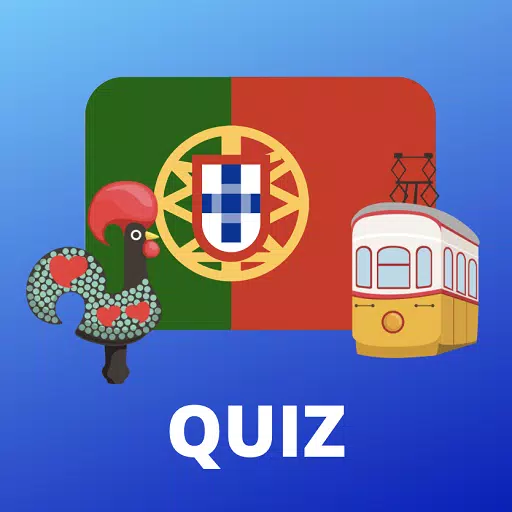For a long time, open-world games were largely defined by rigid checklists. Maps were often cluttered with icons, mini-maps directed every move, and objectives felt more like duties than genuine quests.
Then Elden Ring arrived. FromSoftware discarded the conventional playbook, eliminated all hand-holding, and offered players something truly special: authentic freedom.
We've collaborated with our partners at Eneba to examine its profound impact on the genre and why it deserves such high praise.
A World That Doesn't Demand Your Attention
Typical open-world games command your focus with constant pop-ups, reminders of your next destination, and explicit instructions. Elden Ring takes the opposite approach—it suggests. It unfolds a vast, enigmatic landscape and trusts you to uncover its secrets.
You won't find intrusive UI elements vying for your attention. Instead, your own curiosity becomes the compass. If a distant structure piques your interest, venture toward it. You may discover a concealed dungeon, a formidable new weapon, or a monstrous boss poised to end your journey.
The most compelling aspect? There is no level scaling. The world remains constant; it is you who must adapt. If a region proves too challenging, you can return later—or attempt it anyway. The game won't prevent a low-level character from facing a dragon with a basic sword, but it also won't shield you from the consequences.
It's never too late to begin your journey through the Lands Between, especially when you can find an Elden Ring Steam key at Eneba for a surprisingly low price.
Exploration Feels Like Genuine Discovery
In many open-world titles, exploration prioritizes efficiency over adventure. You dash from one map marker to the next, checking off tasks as if completing a shopping list. Elden Ring turns this concept on its head.
There is no detailed quest log pin-pointing your exact goals. NPCs communicate through cryptic dialogue, distant landmarks offer no explanation, and the game refrains from over-explaining its mechanics.

This might sound daunting, but it's precisely what makes every discovery feel significant. Each cave, ruins, and fortress feels like a personal find. You weren't instructed to go there—you arrived driven by your own sense of wonder.
Furthermore, unlike games where loot can feel randomly generated, every reward in Elden Ring is meaningful. Stumble upon a hidden cavern, and you might emerge with a weapon that changes your entire playstyle or a spell capable of summoning a meteor shower.
The Thrill of Getting Lost (and Enduring)
Most games treat being lost as a player mistake. In Elden Ring, it's an integral part of the experience. A wrong turn might lead you into a poisonous bog (as these worlds often have). A seemingly tranquil village might be a trap, swarming with monstrous beings. These unpredictable encounters make the world feel dynamic and real.
While the game doesn't guide you directly, it provides subtle hints. A statue might be positioned to point toward buried treasure. An enigmatic character might offer a clue about a secret boss. For the observant player, the world offers gentle guidance without imposing a rigid path.
Has Elden Ring Changed Open-World Games Forever?
There's no returning to the old ways after Elden Ring. FromSoftware demonstrated that players don't require constant waypoints to enjoy a vast world—they crave mystery, meaningful challenge, and the excitement of true discovery. We can only hope other developers are paying attention.
If you're eager to immerse yourself in a world that doesn't just allow exploration but requires it, digital marketplaces like Eneba provide excellent deals on all your gaming needs. Whether it's Elden Ring or other essential titles, your next great adventure is always just a few clicks away.































